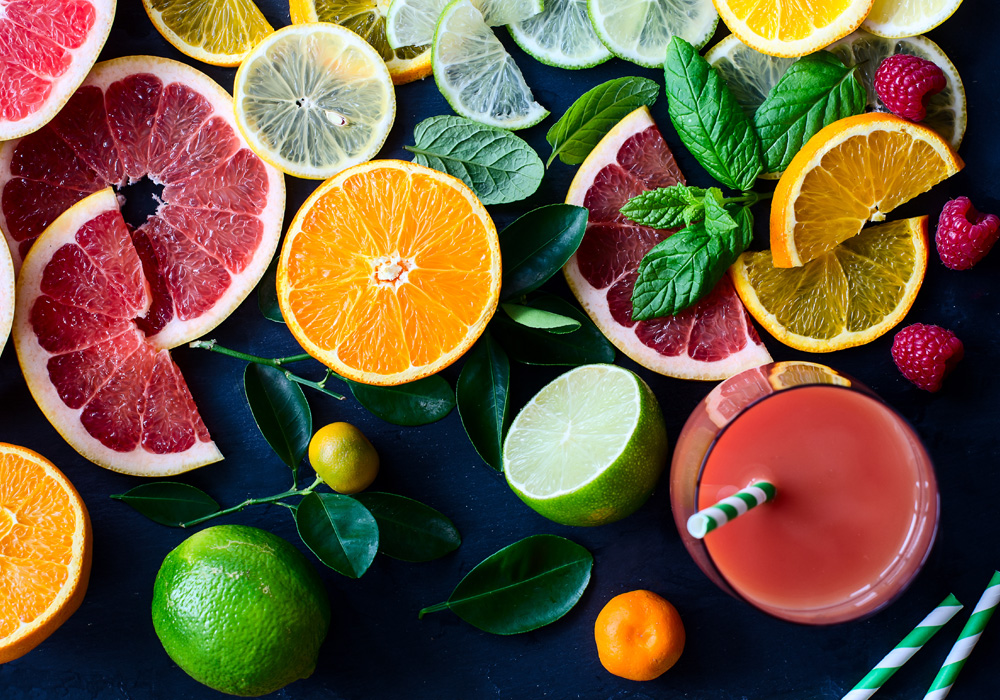
The well-known vitamin C (L-ascorbic acid) is a natural organic compound with antioxidant properties. It’s a derivative of glucose and many animals have the capacity to produce it on their own. However, human beings don’t belong to this category and, therefore, it is essential to receive it as a nutrient through their diet.
Health benefits
Vitamin C participates in several functions that take place into the human body and ensure its healthy condition. More specifically:
- Acts as an antioxidant nutrient. In other words, it effectively neutralizes free radicals, which are believed to be the basis of many serious diseases, as well as the root cause of aging.
- Contributes to the growth and repair of tissues, but also to the healing of wounds (e.g., after a surgery).
- Strengthens the immune system.
- Boosts the absorption of iron, which is why Vitamin C is widely accepted as an essential aid in the treatment of anemia.
- May lower the blood pressure of people with hypertension.
How does vitamin C benefit our skin?
External factors such as pollution and solar radiation make our skin look tired and dull. Fortunately, vitamin C, in addition to being essential for our health, also improves the appearance of our skin significantly. Among others:
- It’s a major opponent of free radicals, which are created by external factors that “age” the skin. It has a significant antioxidant activity and -in combination with the use of sunscreen- significantly reverses the process of photoaging.
- With topical application, it could act against discolorations, offering a uniform skin color tone.
- Promotes the synthesis of collagen, helping to “fill in” the fine lines, while replenishing skin’s elastic texture.
- Acts therapeutically and soothingly against skin irritations.
- It’s an excellent moisturizing agent, as it has the ability to retain the moisture of the skin and maintain it much longer.
Foods rich in vitamin C
Vitamin C is mainly found in fruits and vegetables. Foods that contain it in large quantities are peppers, broccoli, cauliflower, Brussels sprouts, garlic, cabbage, strawberries, kiwi, orange, lemon, grapefruit and pineapple. Finally, herbs such as thyme, celery and basil are good sources of vitamin C.
